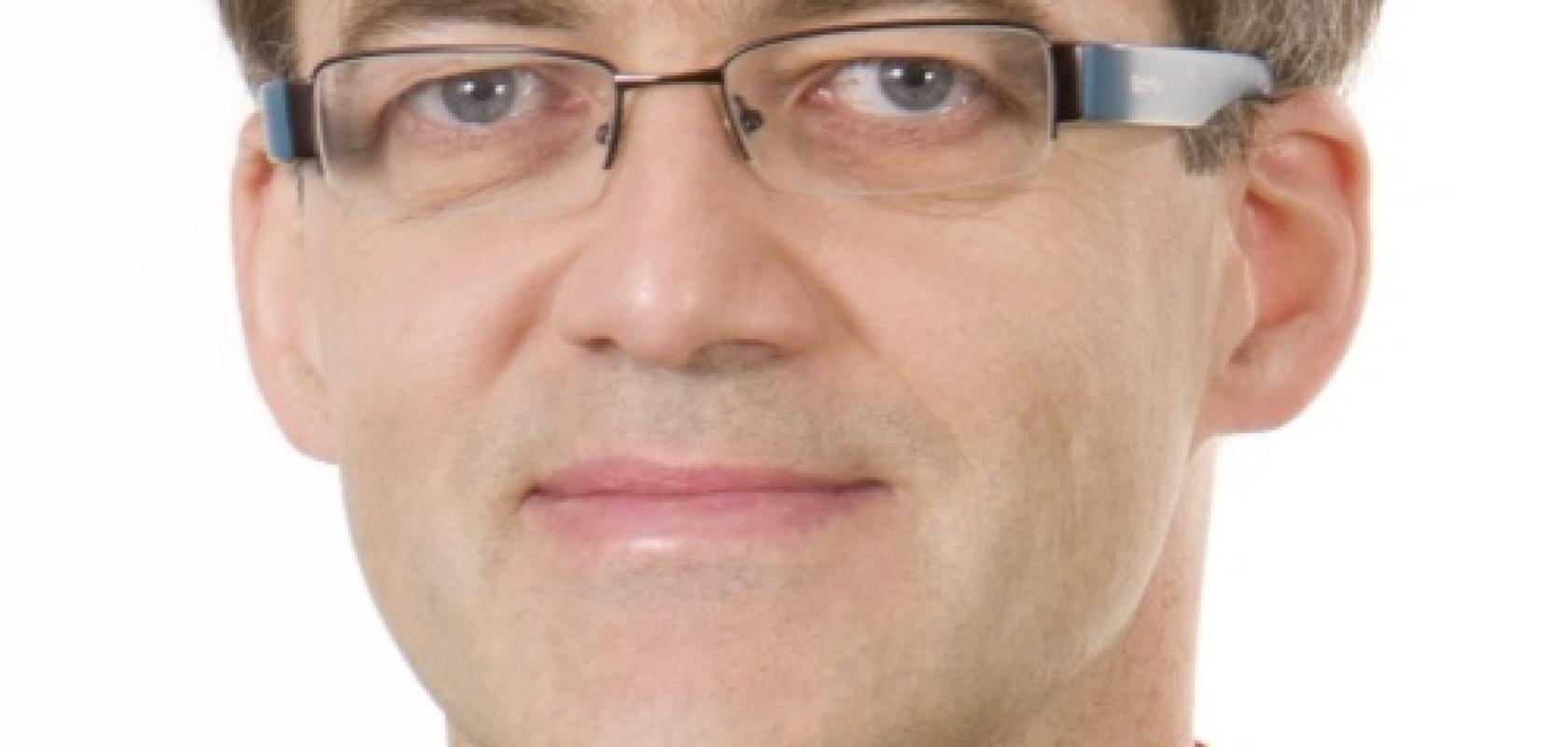Even as the world recovers from Covid-19, researchers such as Martin Hessling are focused on preventing the spread of future pandemics through the use of photonics. He believes one of the key areas will be the ‘development and application of high power far-UVC lamps and LEDs, because of their potential to inactivate pathogens like coronaviruses without harming humans’.
While he acknowledged that research project funding has always been a challenge, he believes global crises will make it worse next year.
Hessling said a multi-disciplinary approach to photonics has yielded benefits for him: ‘When I started as a lecturer, I had to teach microbiological and biotechnological topics in theory and practice (besides optics). This was not easy for a physicist, but it was a stroke of luck, as it led to the development of our most important field of research, the microbiological effects of light and radiation.’
He finds the practical applications of photonics research central to motivating new researchers to work in photonics: ‘In the medical field alone, diseases can be examined and treated down to the cellular level, and even 100-year-old techniques such as UVC disinfection still prevent infections and save human lives today.’
He identified other scientists investigating far-UVC and its potential applications against infections, including David Sliney, Karl Linden, Ewan Eadie and David Brenner.
You can find Hessling online at www.researchgate.net/profile/Martin-Hessling-2. He plans to attend the European Conferences on Biomedical Optics 2023 in Munich.
Organisation: Ulm University of Applied Sciences
Role: Lecturer and scientist
Based in: Ulm, Germany
Education: diploma in physics, PhD in natural science, certificate in medical physics (all with a focus on laser and optics)


